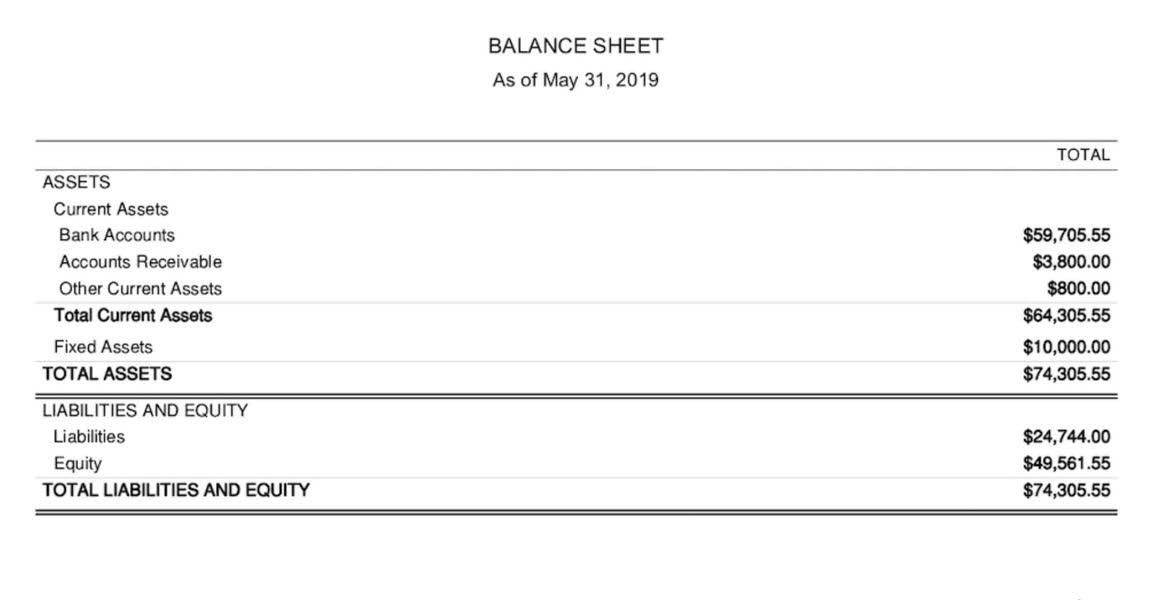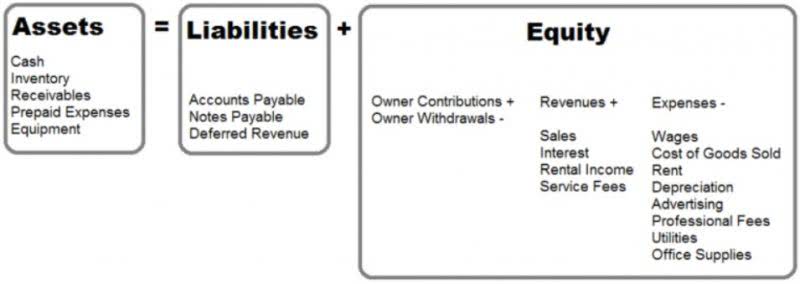When you cut out something in a newspaper, magazine or printed advertisement, fill it in with your name and address and send it off for more information, a free sample or a discount, that is a coupon – never a voucher. These are purchased independently of a reservation and can be used more than once, i.e. until all the credits – monetary or validity period – are used up. A voucher can refer to an official document that can be redeemed for a product or service. For example, an airline may give a bumped passenger a voucher for a free meal or hotel room, while a hotel may offer a voucher to a guest for a free night at the hotel.
A voucher may also refer to a document, such as a coupon or ticket, that is redeemable for some good or service. For instance, airlines, hotels, and restaurants may issue vouchers that can be exchanged from rooms, flights, or fares. The voucher contains information regarding the receiver of the money (payee), how much the payment is for, and a description of the transaction. A coupon also means the annual interest payments on bonds – voucher never has that meaning.
Governments may also issue vouchers redeemable for various programs such as for school choice, housing, or social welfare initiatives. In this instance, a voucher check is issued when an invoice is matched with a purchase order and documentation that the order was filled. In addition, for the accounts payable department, having a file of voucher records of payments to vendors is helpful in resolving payment disputes and in preparing books for internal month-end closings. The voucher, which is a cover page that explains the attached documents, includes the purchase order, shipping receipt, and the invoice. The purchase amount is added and recorded to accounts payable on the balance sheet until paid.
Requirements of a Voucher
The Housing Choice Voucher Program, also known as Section 8 housing, is a federal program that helps low-income or disabled families obtain affordable private housing. Eligible families can use their vouchers toward any sort of home and are not limited to subsidized housing projects or apartment units. She has performed editing and fact-checking work for several leading finance publications, including The Motley Fool and Passport to Wall Street. Adam Hayes, Ph.D., CFA, is a financial writer with 15+ years Wall Street experience as a derivatives trader.
Access and download collection of free Templates to help power your productivity and performance.
After the voucher’s been paid, it will be registered as a paid voucher, and the proof of payment must be attached. They are also called source documents as they help in identifying the source of a transaction. A few examples of vouchers include bill receipts, cash memos, pay-in-slips, checks, an invoice, a debit or credit note. A voucher is not created when a liability has only been accrued (which is done in the absence of a supplier invoice, and when the accrual basis of accounting is used).
One part is the check and the other two parts are the vouchers for the payee and issuer for their respective records. The voucher will be sent to the owner, who reviews everything to make sure that all the information is accurate, and then the payment will be approved. Afterward, the transaction is closed, and the voucher will be registered as a paid voucher in the balance sheet. As a voucher’s payment date comes near, the voucher is forwarded to an authorized person for payment. After making payment, a copy of the check is attached and the voucher is stamped “Paid.” It is then filed in the paid voucher file in order to prevent a duplicate payment.
The importance of a voucher lies in the fact that it is an internal accounting control mechanism that ensures that every payment is properly authorized and that the purchased item is actually received. A voucher is a form that includes all of the supporting documents showing the money owed and any payments to a supplier or vendor for an outstanding payable. A voucher is an internal document describing and authorizing the payment of a liability to a supplier. It is most commonly used in a manual payment system, where it is part of the system of controls. It is stamped “paid” when a check or electronic payment is made to a supplier and is then archived, along with any supporting documents.
Businesses employ segregation of duties to prevent employee theft, which means that critical tasks are assigned to different people within the organization. The voucher documents that the tasks are performed by multiple people and https://www.kelleysbookkeeping.com/the-difference-between-production-manufacturing/ creates a paper trail so that an auditor can confirm that the duties were properly segregated. Vouchers also justify the firm’s cash payments to vendors and document the general ledger accounts used to post the transaction.
- The manager of the fresh food department orders 50 pounds of meat and fish, and the owner initiates the order to approve the delivery.
- A school voucher gives eligible families the right to choose a private or charter school, using a portion of state funding otherwise set aside for public schools.
- It is most commonly used in a manual payment system, where it is part of the system of controls.
- The vendor’s invoice will include the quantities of the items provided, brief descriptions, unit prices, amount due, credit terms, where to remit payment, etc.
- These are commonly prepared by accountants on the basis of supporting vouchers and approved by a different individual.
Providers customarily require this voucher be presented prior to providing the service. – If the provider performed or gave a service but did not send the relevant voucher to the operator or agent, they will not get paid. – The provider gives or sends the voucher to the tour operator or travel agent and is paid.
A voucher is often a prenumbered form used in the accounts payable department to standardize and enhance a company’s internal control over payments to its vendors and service providers. The voucher is important because it’s an internal accounting control mechanism that ensures that every payment is properly authorized and that the goods or services purchased are actually received. A voucher is a bond of the redeemable transaction type which is worth a certain monetary value and which may be spent only for specific reasons or on specific goods. The term voucher is also a synonym for receipt and is often used to refer to receipts used as evidence of, for example, the declaration that a service has been performed or that an expenditure has been made.
Voucher in accounting
In business-to-business transactions, often the payments are not due immediately. They can be paid with an allowed delay that can vary between 30, 60, or 90 days. When the company receives the supplies with the invoice, instead of releasing the payment immediately, it creates a voucher as a reminder of the payments due or as a statement of the payment already made. Voucher checks that are used in computerized accounting systems have three parts that together fit on standard-sized sheets of paper for ease of use in printers. The checks are usually business sized—longer than a standard check but with the same width.
The unpaid vouchers provide the detail for the total amount reported as vouchers payable or accounts payable. Documents which are created at the time when a business enters into a transaction are called source vouchers, for example, rent receipts, bill your xero accounting dashboard receipts at the time of cash sales, etc. The voucher check creates a paper trail for the payment by the issuer of the check. The recipient of the voucher check detaches one voucher part and retains it for record-keeping before cashing the check.
Voucher definition
Upgrading to a paid membership gives you access to our extensive collection of plug-and-play Templates designed to power your performance—as well as CFI’s full course catalog and accredited Certification Programs. Most video game special editions come with a voucher for exclusive content in-game. Also, pre-ordering games at certain shops may entitle the purchaser to vouchers to content only available if you pre-order at that store. The term is also commonly used for school vouchers, which are somewhat different.
These are commonly prepared by accountants on the basis of supporting vouchers and approved by a different individual. It is not the appearance of it that matters it just needs to act as evidence of a transaction. When a transaction is entered, the evidence of that transaction is also confirmed. A voucher helps in recording expenses or liability and further helps in its payment.



